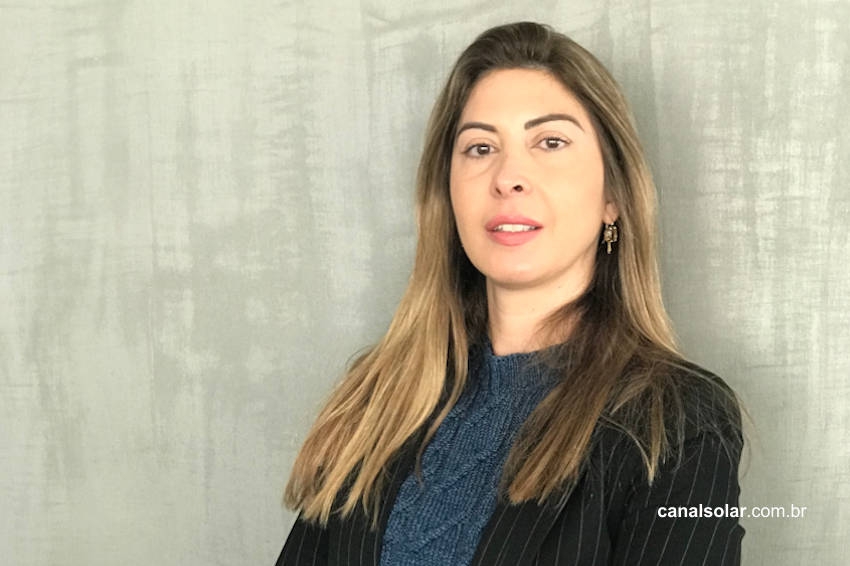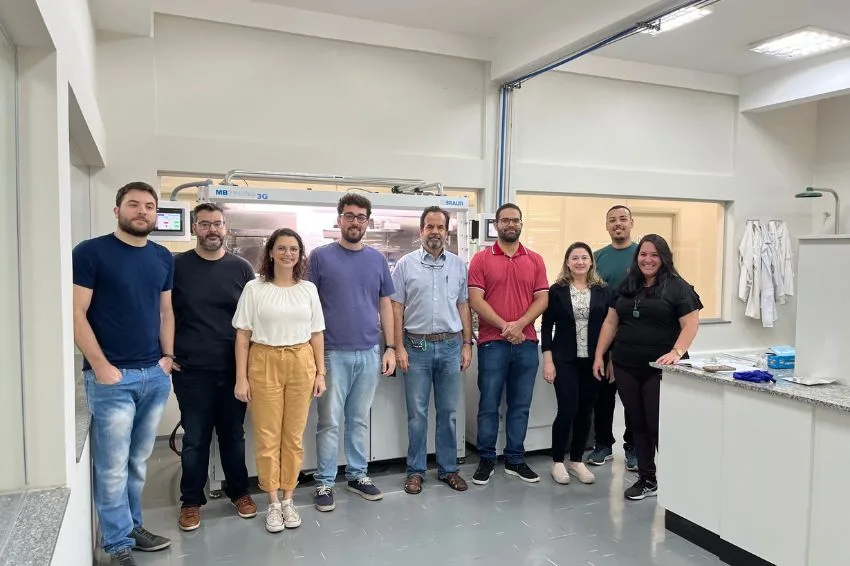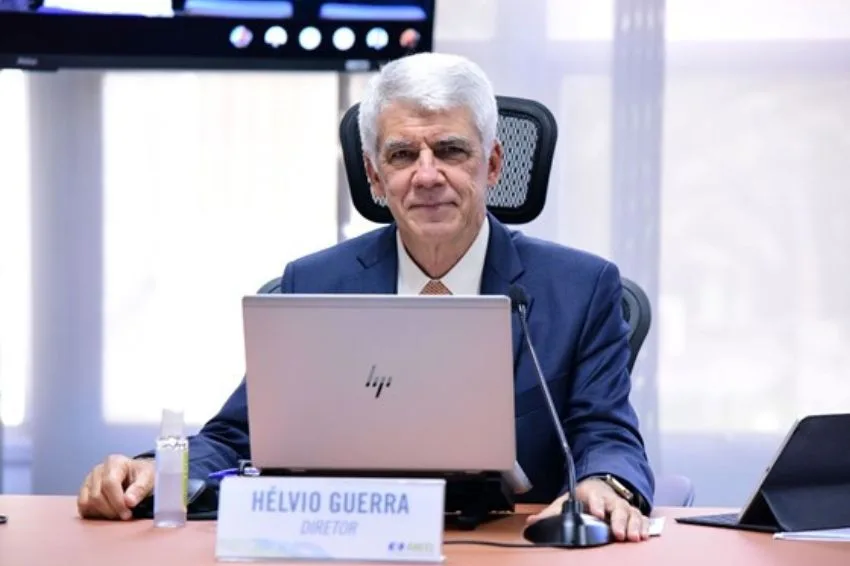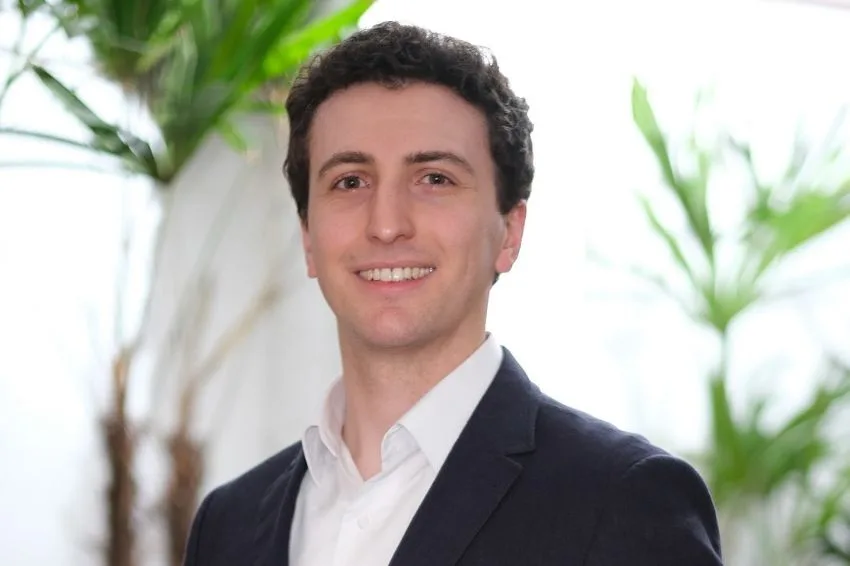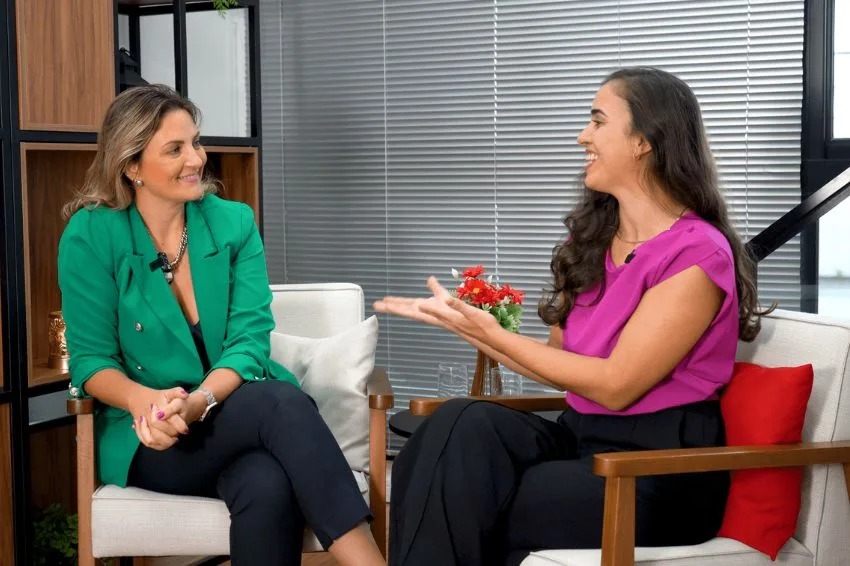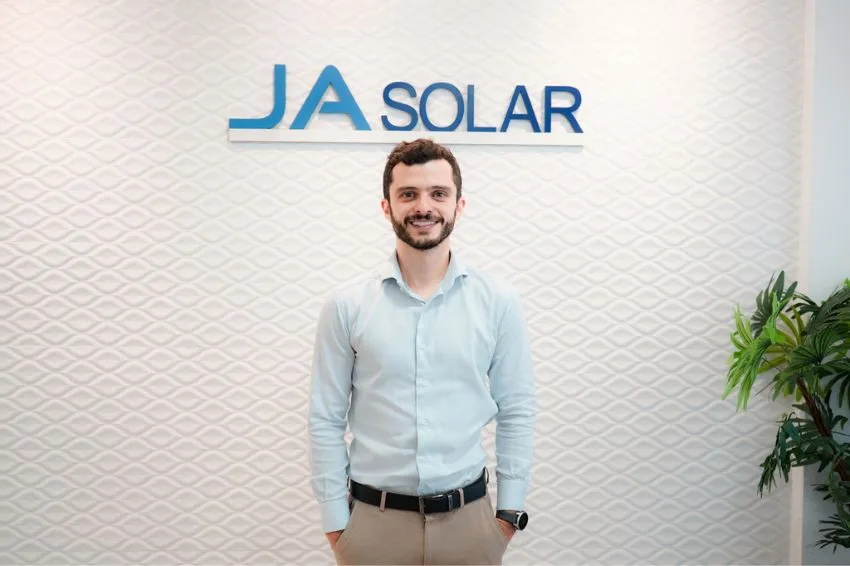Marina Meyer, legal director at ABGD (Brazilian Association of Distributed Generation), is the guest of the podcast Papo Solar. The lawyer, prominent in the solar energy sector, told how she started her career and spoke about the review process of Aneel's Normative Resolution 482, in addition to emphasizing female participation in the renewable energy market.
How did you start your professional career in the solar energy sector?
I started in the government of Minas Gerais, in 2007, working as superintendent of energy policy. Firstly, I started as a technician, then became a manager, director and, finally, superintendent. I held this position for five years. In 2013, when I left, reference legislation was published in the electricity sector, mainly in the solar sector. This law was a state law in Minas Gerais that gave rise, in the 2017 legislation, to exemption from ICMS (Tax on Circulation of Goods and Services) on distributed generation of up to 5 MW. Minas is the only state that has this exemption. I then left my legacy to Minas. Currently, 80% of my work is focused on distributed generation, in addition to having other work in the energy sector.
You are following the entire discussion in the electricity sector about Aneel's update regarding Normative Resolution 482. How do you see this discussion of distributed generation?
Yes, we are following. ABGD has a work team just to conduct this. We have an opinion that is in line with the new framework for the electrical sector, which is the Brazilian Electric Energy Code. This Code is spearheaded by Representative Lafayette.
We managed to bring all political engagement to our side through this major milestone, which is the Code. Instead of Resolution 482 being amended by a third Aneel resolution, we want to put a federal law on the subject. And then, later, this federal law will be incorporated into the Brazilian Electric Energy Code in a specific and separate chapter for distributed generation. So, if this is done, it brings very good legal security to the sector.
Do you believe that other states will be able to follow this ICMS incentive model, which exists in Minas Gerais?
It's a little more complicated. As ICMS is a state tax, each state regulates this ICMS matter at the state level. So, this specific legislation in Minas Gerais, which has the benefit for distributed generation of up to 5 MW, cannot be copied today if it does not observe all the principles. Everything has to be analyzed in the context of standards, state legislation, the Cotepe resolution has to be observed, whether it will not be waging a tax war and whether it will not harm what is already decided in the Confea resolution itself, for example.
Is the renewable energy sector one of the markets that is increasingly employing more women?
I think women are well qualified professionally. When we talk, for example, in terms of curriculum, courses and postgraduate studies, they are very well prepared, even ahead of many men. The market sees that it is not dealing with amateurs, it sees experts. Today we see several female engineers, coordinators, managers of production lines, solar modules, factories.
In this case, I am a lawyer, fighting for the sector and representing ABGD as legal director. This movement by women to embrace the cause of generating their own energy also brings a certain empowerment, in the sense that, when we have to generate our own energy, we become independent of the distributor. I think that the legislation itself brought this revolution and ended up bringing more women into the sector, because it has its own purpose of being independent. This goes against us women.


